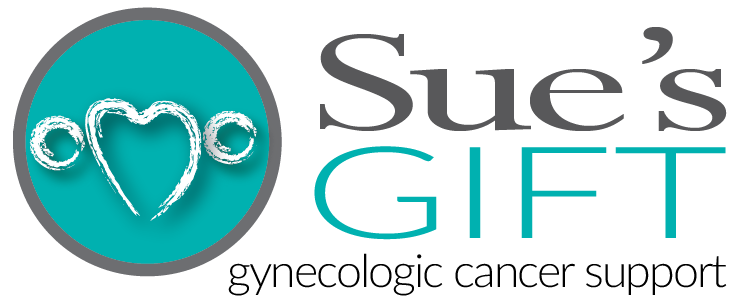Back To Basics
“Going back to basics is the simplest way
to find calm in the chaos.”
The Cambridge Dictionary defines “back to basics” as returning to the simple and most important things. Another definition suggests it’s paying attention to the simplest and most important matters after ignoring them for a while.
Samia Hasan is a career development coach for millennials and has outlined tips related to simplifying life and getting back to basics. Here are her suggestions and my thoughts about each. They’re relevant to all of us, especially after being confronted with a life-threatening diagnosis or other traumatic life event.
Reconnect with your core and align your choices to it. Which do you value more: Having an immaculate house or spending time with family? Being a workaholic or taking time for self-care? What you value is where you spend your time, and much of the time, that’s a choice. Is where you are spending your time what you love? Now is the perfect time to evaluate what is important.
Free up your time to free up your mind. It’s been said that multitasking is an illusion of productivity. Slowing down and not being in constant motion allows for creative thinking. I had to train myself – in small increments – to sit and do nothing because it felt like such a waste of time. Initially, I could only manage 15 minutes, and that was challenging. I’ve learned that “doing nothing” at least once or twice a day helps my mind to rest.
Recover from “perfection-itus.” Expecting perfection from ourselves or others will most certainly result in disappointment. Oscar Wilde said, “Expect the unexpected.” One of my daughters has traveled extensively and told me, “You can always expect something not to go as planned.” The trip may not be perfect, but you knew that was likely. The medical appointment was not ideal due to the delay in seeing the doctor, but you knew that was possible. The result of perfection-itus is chronic irritation and frustration. It’s a habit that can be changed by expecting the unexpected.
Spend two hours every day gadget-free. One of the things I liked so much about vacation was being in a cabin in the mountains for ten days with no TV and no phone. It was a huge adjustment early on and caused some anxiety. But I grew to not only like it but need it. The gadgets in our lives are addictive, consuming thoughts and eliminating physical activity and personal interaction. Back to basics would suggest time away from gadgets is imperative.
Delete negativity from your life: thoughts, emotions, and people. It’s easy to get caught in the spiral of negativity that sucks one’s energy and spreads like a contagious virus. You can check your negative thoughts and set boundaries on what you tolerate from others when they share worst-case scenarios about their negative medical experiences or life in general.
Practice gratitude and give back. There are many ways to practice gratitude. It’s such a simple thing – focusing on what you have rather than what you missed or what could be. It takes practice, but once it becomes habitual – like writing down one positive thing at the end of the day for which you are grateful – it’s life-changing and automatically nudges you to want to give back.
Going back to basics is the simplest way to find calm in the chaos.
Leave feedback for the author here. (Comments are not posted online.)

